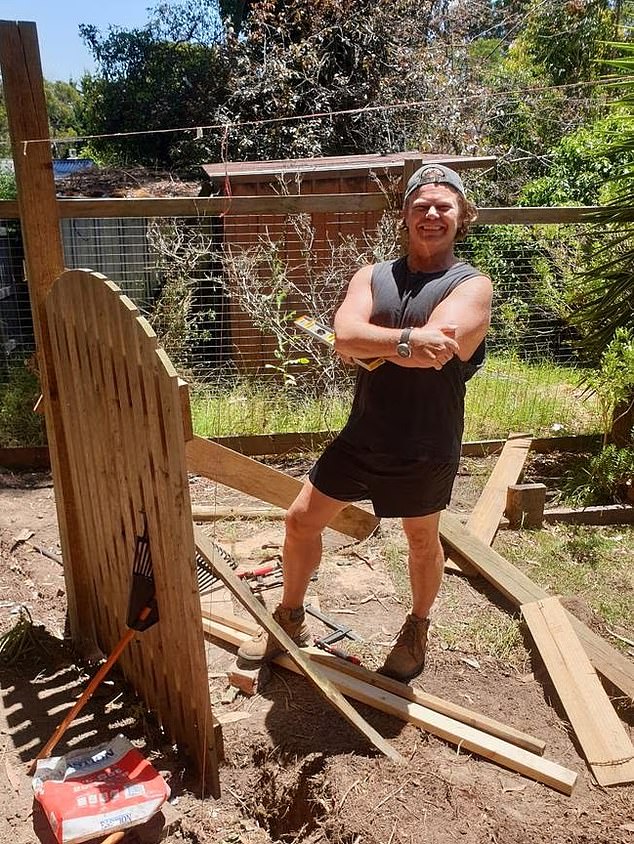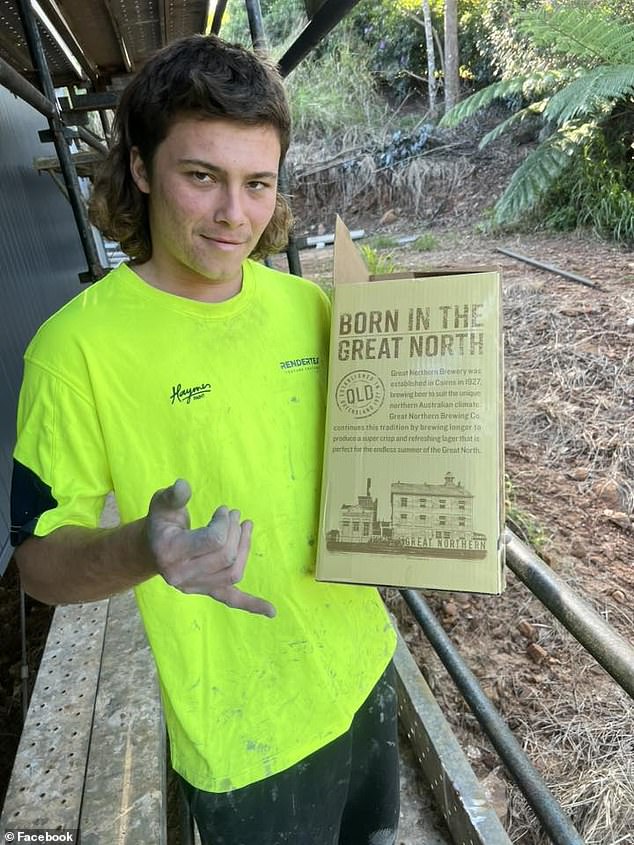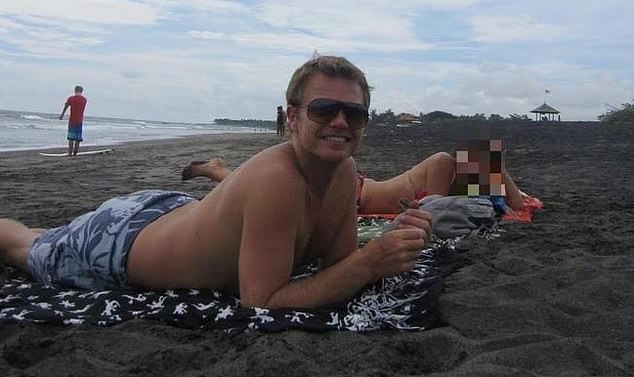The family of an Australian who died in Bali have recalled the devastating moment they learned his body had been repatriated without his heart.
The body of FIFO worker Byron Haddow, 23, was found in a plunge pool at a private villa on the Indonesian holiday island about 10am on May 26.
While authorities initially listed Mr Haddow’s cause of death as drowning, a coroner later ruled he likely died from the effects of alcohol and an antidepressant.
A shocking autopsy bungle saw his body repatriated to Australia four weeks later without his heart, with his family forced to pay $700 for the organ’s safe return.
Following the revelation, the brother of Chris Yates, who lived in Bali for 13 years and died suddenly at his home in 2023, said his family experienced a similar ordeal.
On February 11, the 52-year-old taught Bikram hot yoga before returning home where he complained to a friend of overheating and jumped in his pool.
The friend found Yates 10 minutes later floating face down with blood coming out of his nose and ears, Chris’ brother Steve told news.com.au.
‘My brother came back [to Australia] without his heart, liver, kidney, stomach… he came back an empty shell,’ he said.

Chris Yates (pictured) had lived in Bali for 13 years before dying suddenly at his home in 2023

Byron Haddow’s death returned to headlines last month after an autopsy bungle saw his body repatriated to Australia four weeks later without his heart (the FIFO worker is pictured)
Mr Yates remembered his brother as a keen surfer who loved his life in Bali.
‘He ate healthily, drank healthily, he had never been sick in his whole life,’ he said.
‘There was a rumour that he stopped off at a bar between yoga and his home, and his body had a few lumps and bumps.’
The removal of organs by a coroner, the circumstances of death in a swimming pool, and theories of foul play – along with coroners noting abrasions and bruising on Mr Yates’s and Mr Haddow’s bodies – have drawn comparisons between the cases.
The Daily Mail does not suggest there is a connection or that there has been foul play, simply that there have been similarities that prompted Mr Yates to speak out.
Forensic medicine specialist Dr Nola Margaret Gunawan from Prof. Ngoerah Hospital carried out both the forensic autopsies of Mr Yates and Mr Haddow.
She said the cause of death in both cases was ‘blunt’ objects, adding toxicology reports displayed high levels of ethanol (alcohol).’
‘During the toxicology analysis, there was no indication of poisoning, though (Chris Yates) was drunk when he died,’ Dr Gunawan told the publication.

Mr Yates (pictured) was described as a surfing enthusiast who lived a healthy lifestyle
She said Mr Yates’ cause of death was the narrowing of the heart arteries due to an unhealthy lifestyle, suggesting possibly smoking or poor diet.
‘Basically, he died from a heart attack, but that’s just the symptom. The bloody discharge from his nose and mouth does not necessarily refer to a blow or injury to that area. Often it is a sign of asphyxia,’ she said.
But Mr Yates’ family has claimed the findings could not be corroborated in a second autopsy in Australia and that his heart and other organs were kept in Bali.
When they finally received the organs eight weeks later, there was not enough genetic material left to conclusively prove it was Chris’s heart.
Steve sent more than a dozen emails to Dr Gunawan but did not receive an answer. Balinese and Australian authorities have allegedly also not responded to him.
Dr Gunawan told the publication that the emails had gone to her spam and that she had only read one in August which ‘contained threats and slander’.

It follows headlines about the death of 23-year-old Australian Byron Haddow who was staying at The Grove Bumbak Villa (pictured) in Bali when he died. His body was found in the pool
She dismissed concerns about the genetic material of Chris’s heart, explaining that DNA could have been extracted with a more complex method.
She also said the heart likely shrank due to preservation.
‘I applied exactly the same process as I applied to Byron in that I only retained the heart, in full compliance with the law, and documented it all,’ she said.
‘The rest of the organs, I removed them for the autopsy, as is the procedure, took samples and returned them to the body.’
During these kinds of autopsies, it is common for doctors to remove vital organs like the heart or brain for further study.
A Department of Foreign Affairs and Trade spokesperson said the department provided consular assistance to the family of an Australian who died in Bali.
It’s understood senior Australian officials have raised concerns to the Indonesian government and Prof Ngoerah Hospital regarding autopsy procedures.
The hospital is understood to have reviewed and updated its standard operating procedures which now state the family or appointed representative of the deceased must be notified in writing if organs need to be retained for further examination.
Mr Haddow’s family is still waiting for the findings of a second autopsy carried out by the Queensland Coroner’s Court.
As investigations continue, Bali police have sought the assistance of the Australian Federal Police and the Australian consulate to summon two unnamed women who were allegedly partying with Mr Haddow and a friend in the villa prior to his death.
